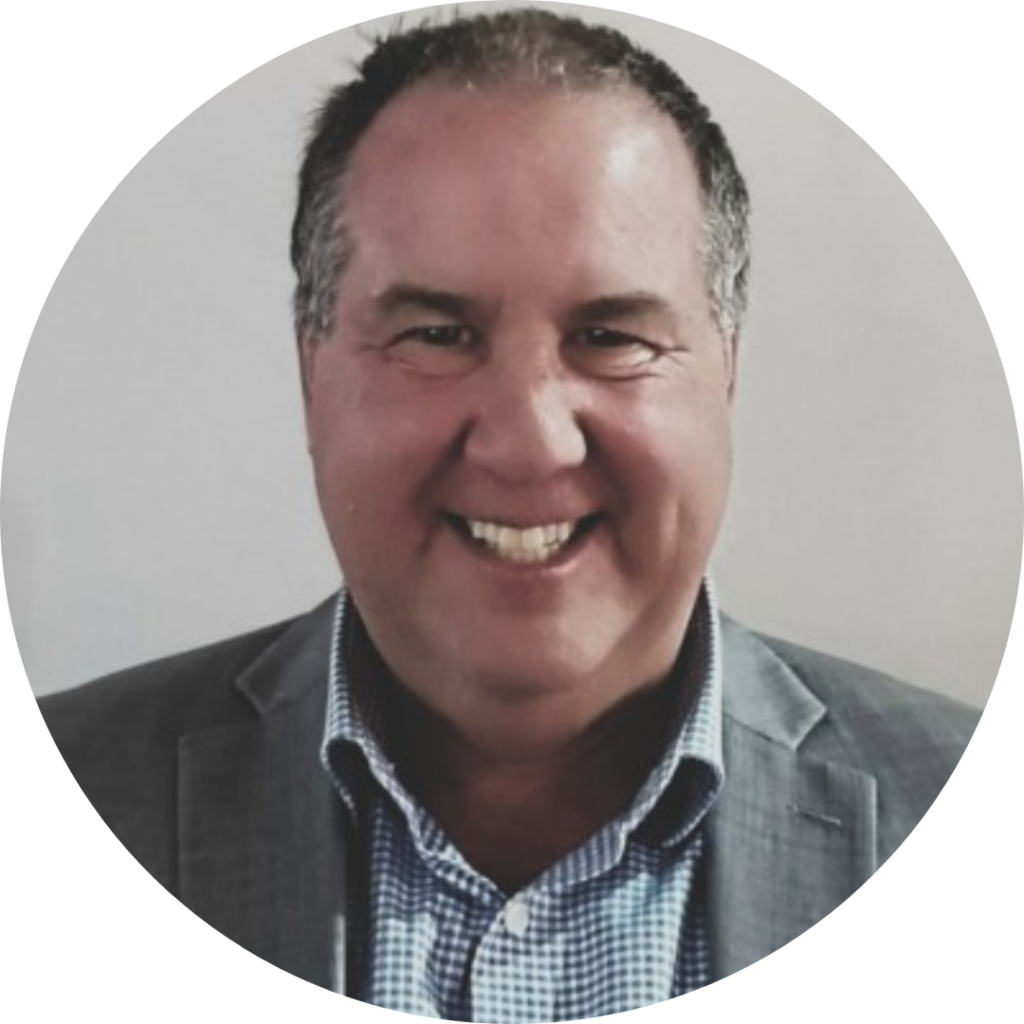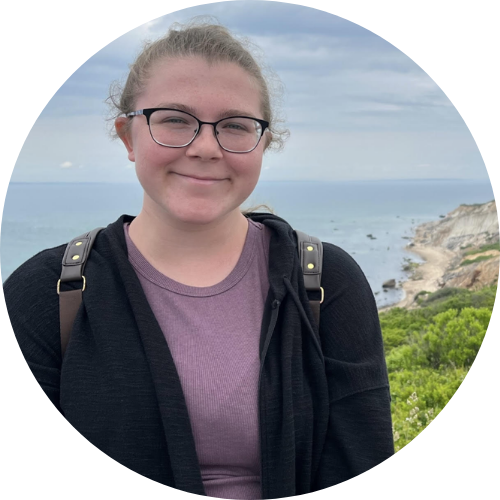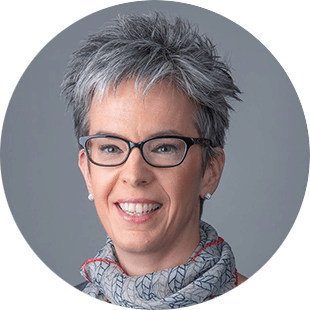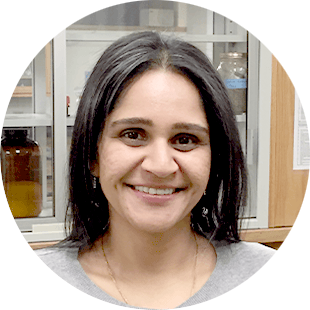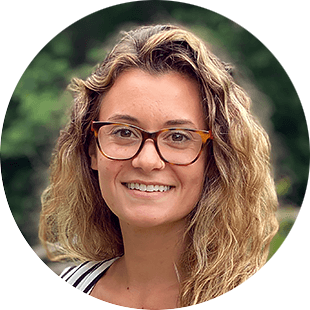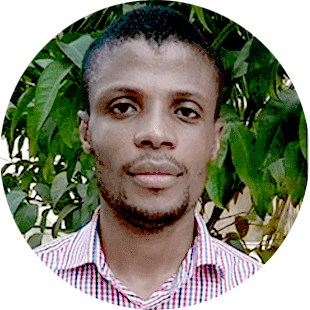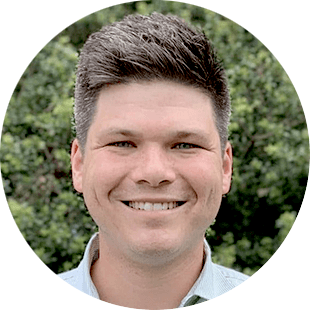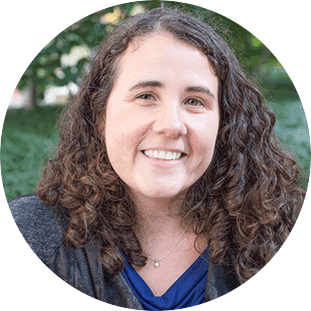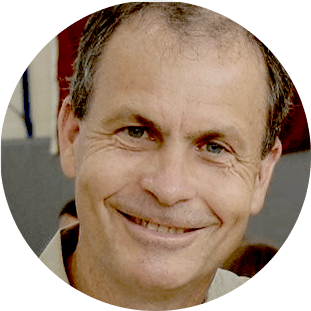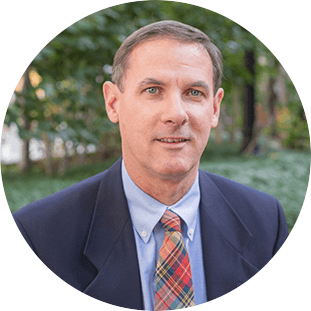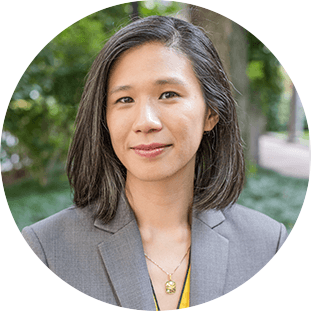FAQs for equipment applicants
Application process
Please complete and submit the form on our Application page.
We do not accept applications in any other format. Please do not email proposals or equipment requests to us; they will not be reviewed.
You can expect to hear if your application has been selected to advance to the interview round by about 1 month after the nearest application deadline at the time you submit. All applicants will be notified of their status at that time.
If you are invited to move to the interview stage, we will provide additional information about decision timing.
Program fees & other costs
No, absolutely not. There is no monetary cost associated with the application process.
We ask only that applicants are ready and willing to pay the program fee if selected to participate in the program.
Unfortunately, no. The program fee is mandatory and covers a significant portion of our operating costs. We rely on these funds as a part of our annual budget and would not be able to keep the program running without them. We do not have additional funds available to subsidize these costs or additional resources to help you raise funds.
Our policies don’t prohibit this, but the timing of the program cycle makes it very difficult to meet the requirements of most external funders.
Specifically, we cannot provide a letter of support promising to work with you until you have been accepted to the program, and we can’t accept you into the program without a commitment to pay the fee.
In addition, many external funders will want to know the contents of your shipment before they commit to paying for it. This is reasonable on their part but not compatible with how the program works, as none of us will know the contents of your shipment until you have completed equipment selection.
If you do intend to try to raise funds externally, please contact us at application@seedinglabs.org to discuss your plans before taking any public action that directly involves Seeding Labs, such as crowdfunding using our name or logo.
We invoice for the program fee when you begin selecting equipment. Payment is due at the end of the selection period, just prior to shipment.
So, yes, the contents of the shipment will be known before payment is due. If you are not satisfied at that point with the value of the shipment, you will have the right to cancel our agreement.
However, please note that the interval of time between when shipment contents are finalized and when payment is due will not be long enough to navigate a protracted approval or application process. If the contents of your shipment must be known before the money for the program fee can be allocated, Instrumental Access is probably not a good fit for your institution.
We can’t say for sure, as every country has its own customs and import regulations.
Many countries do offer waivers from customs duties that apply to Instrumental Access shipments, generally because they are donations intended for educational and/or research purposes. If this type of waiver is available in your country, we will work with you to provide the documentation you need to apply for it.
We recommend that you check with your institution’s procurement office or other experts in your country for advice about the specific regulations that may apply to your situation.
Probably. This can be arranged in most cases, but we’ll need to discuss the specifics prior to accepting payment to ensure compliance with applicable laws.
Equipment and logistics
It depends on the item. We pass on to you anything that the donor provides to us, including accessories, software, spare parts, etc.
However, it isn’t always possible for donors to include everything necessary for use in the donation.
In particular, software is often difficult for our donors to transfer, either because the licenses are non-transferrable or for information security reasons or both.
We realize that “incomplete” donations are not ideal, and we continue to try to address common issues where we can. For example, we have seen some success from asking certain manufacturers to donate software licenses for use with hardware already in our inventory from other sources.
However, we can only offer what we have in stock.
Furthermore, it’s often the case that accessories and software and parts are customized to specific use cases, so what “complete” looks like can vary from one user to the next.
The details about what is included with each item in our inventory will be available to you during equipment selection so that you can take these issues into consideration as you make your selections.
Yes. The total amount of equipment that each awardee can select is limited by two constraints:
- Volume. All of the items you select must fit into a 20-foot shipping container; and
- Points. We assign a “points” value to each item in our inventory based on our typical supply and demand, as well as its monetary value. For example, a case of consumables or glassware, might be valued at 5-10 points, while an HPLC system might be 500. Each awardee gets the same allocation of points to shop with. The purpose of this system is to ensure equal access and avoid excessive depletion of our inventory.
No, we cannot provide a list of our available inventory until the selection window opens.
This is because our inventory changes frequently as equipment donations are received and shipments to other awardees are fulfilled. What we have in the warehouse currently is not what will be available next week or next month, nor is it necessarily representative of what is “usually” available.
We always have a wide variety of equipment, glassware, and consumables in stock, but the exact composition is always changing.
It depends. If the donor provides us with a paper copy of the manual, we’ll include it in the shipment.
Once we know the contents of your shipment, we will also search for and compile electronic copies or links to the relevant manuals for the items in your shipment if available.
We carry insurance against any loss or damage that may occur during the shipping process. This type of damage should be reported within 10 days of receipt of the shipment so that we can file a claim with our insurance provider.
Yes, you can participate, although you may need to budget for some additional freight costs.
If selected, we would work with you to identify the best shipping option for your specific location. If there’s a cost difference between that option and what it would have cost us to ship to the nearest ocean port, we’ll ask you to pay the difference.
Possibly. We’ll do our best to accommodate your needs and preferences, with the understanding that you will be responsible for any costs in excess of the best rates that our freight forwarders can provide.
If you choose to arrange and pay for your own international freight, we can offer a small discount to the program fee.
Please note that the weight and volume of a typical shipment makes air freight extremely expensive.
Possibly. If you are accepted to the program, we may be able to accept these items as a donation to Seeding Labs and then include them in your shipment. However, there are some legal and practical constraints on what types of donations we can accept, so we’ll need to discuss the details of your particular situation before we can say for sure.
Yes, this can typically be arranged with our warehouse as long as we have sufficient notice.
No, we don’t currently have the capacity to offer training or technical assistance within the Instrumental Access program. Awardees are solely responsible for equipment set-up, calibration, service, maintenance, and repair.
For videos of lab tips and tricks that may be of interest, please see our TeleScience platform.
Eligibility
Our list of eligible countries is based primarily on the current World Bank income classifications. Almost all countries that are classified as low- and middle-income by the World Bank are eligible for Instrumental Access.
In addition, we’ve extended eligibility to a small group of countries that have recently been classified as high-income but remain eligible for World Bank lending.
A small number of low- or middle-income countries are excluded from eligibility for legal reasons. Please see the next question for more details.
One of our core beliefs at Seeding Labs is that everyone should have access to the tools of modern science.
However, as a US-based NGO, we are bound by US export law, which places a few limits on where we are allowed to operate. Specifically, current sanctions prohibit us from shipping to the following countries:
- Burma
- Cuba
- Iran
- Iraq
- North Korea
- Russian Federation
- Syria
- Venezuela
We review the list of excluded countries annually, and our goal is always to move towards greater inclusiveness if at all possible.
No. Seeding Labs recognizes that valid needs for equipment may exist in other places, but Instrumental Access operates in eligible countries only.
No. Eligibility is limited to degree-granting institutions of higher education and public research institutes only. Academic departments at university-affiliated teaching hospitals may be eligible, but clinical units are not.
Yes. You may apply again as long as your institution remains eligible under the current guidelines and you have sufficient additional need.
If the same department is applying for a second shipment, your application should include a clear explanation of your rationale for re-applying.
No. Individuals, lab groups, and research projects are not eligible to apply on their own.
An application can only be submitted by and on behalf of an eligible subdivision (usually an academic department), and it must be clear that the benefits would extend beyond a single individual, research group, or project.
Probably not. For efficiency, we ship full containers rather than individual items.
Also, the more specific your needs are, the less likely it is that we’ll have on hand exactly what you’re looking for when it’s your turn to select.
Instrumental Access is the best fit for institutions with diverse needs in the disciplines we support (biology, chemistry, and closely allied fields) who can make use of what we can supply: a shipping container full of equipment and supplies.
Other application questions?
